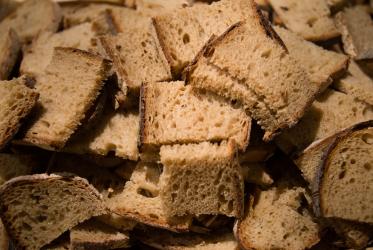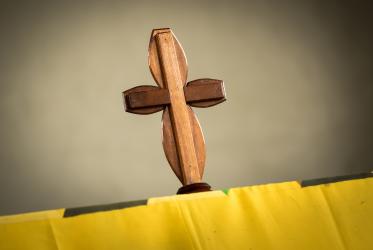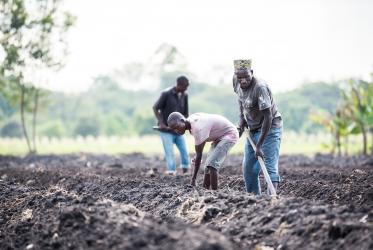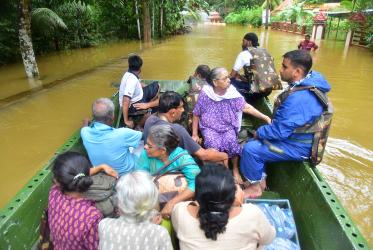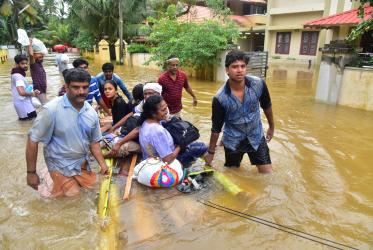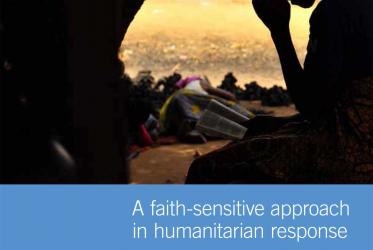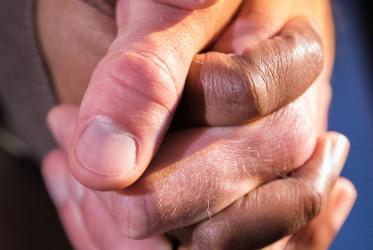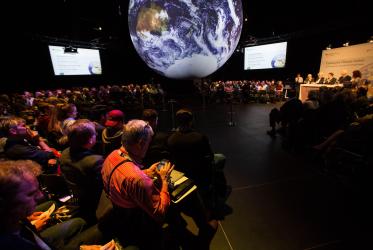Displaying 21 - 40 of 68
On World Food Day, “we pray for wisdom to care for the earth”
16 October 2020
Worrying food shortages compel faith action
19 October 2018
WCC regrets USA withdrawal from UN relief for Palestinian refugees
03 September 2018
WCC calls for prayer for flood-stricken Kerala, India
18 August 2018
Rebecca Dali: My faith in God motivates me every second
24 August 2017
